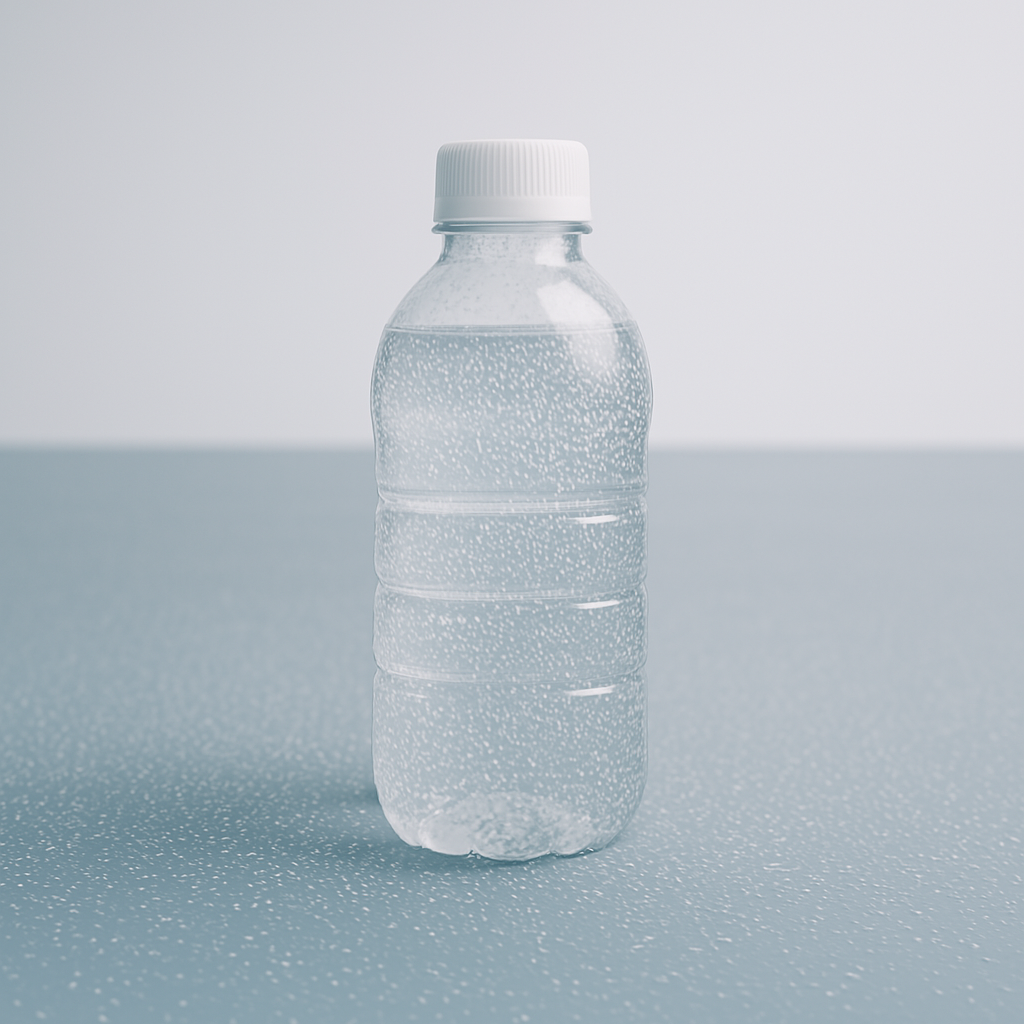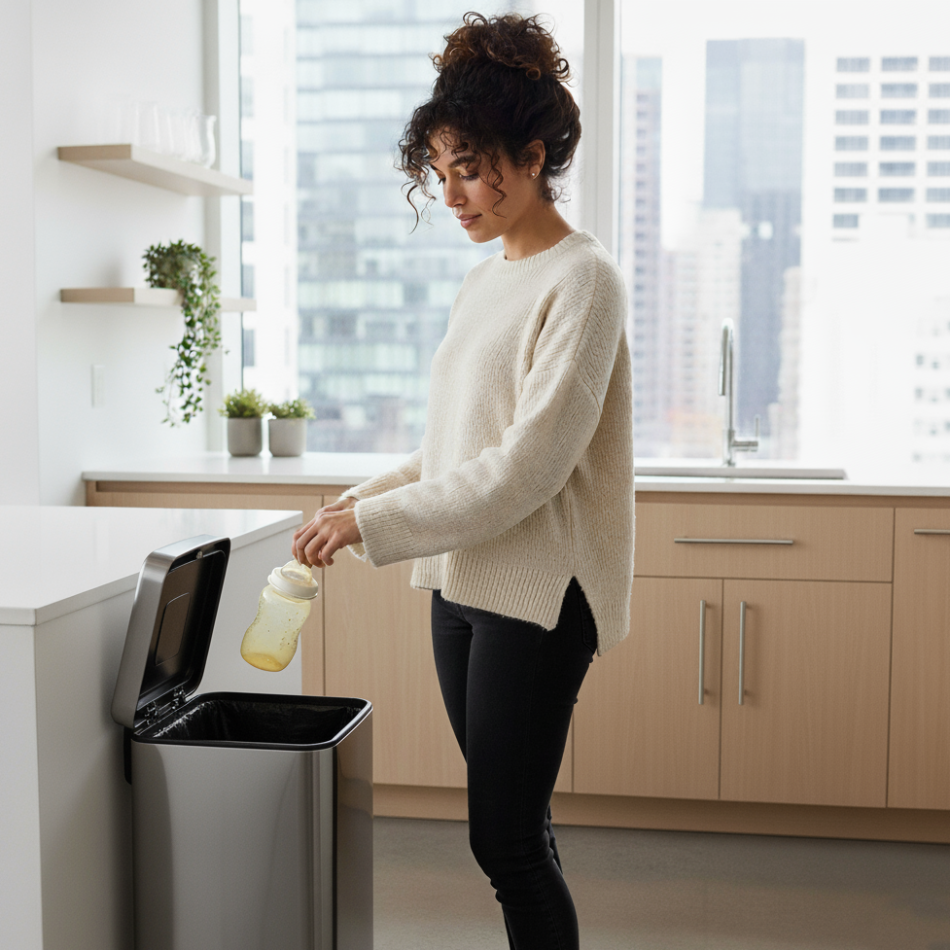What is Baby Ki about?
At Baby Ki (pronounced 'Key'), we’re unlocking a plastic-free future for our kids.
At Baby Ki, we understand the growing concern over nano plastics and their impact on our health and environment. These microscopic particles have quietly become part of everyday life, exposing us in ways we may not even realize.
Recognizing the dangers hidden in conventional baby products filled with micro- and nano-plastics (MNPs), we set out to disrupt this norm. Baby Ki was founded with a clear mission—to provide safer, healthier alternatives and protect the most vulnerable among us: our babies and toddlers.
We believe every child deserves to grow up in an environment where their health is not just protected but prioritized. Baby Ki isn’t merely a product line—it's
shaping a safer future, one bottle at a time. We're dedicated to ensuring that from day one, families can trust our products to be safe and nurturing for their children.
A Commitment to Authenticity
While other companies have built their foundations on providing plastic products and are only now transitioning to glass as a trend, Baby Ki stands apart. Our inception was rooted in the need for a truly safe alternative, not as a response to market trends. We embrace glass not because it is fashionable, but because it represents the safest option for our children’s health and wellbeing. At Baby Ki, our commitment is to integrity and genuine care, leading the way with products designed for safety from the very start.
We are committed to donate eight percent of sales to charities.
All of this in loving memory of Krishna O. (Ki)

What Are Nano Plastics?
Micro-and-nano plastics or MNPs, are Plastics less than 0.1 μm in diameter. They are able to enter cells and cross the blood-brain barrier, accumulating in the vital organs of the brain, liver, and gonads.

Why Are MNPs bad?
Some results suggest that exposure to MNPs can lead to health effects through oxidative stress, inflammation, immune dysfunction, altered biochemical and energy metabolism, impaired cell proliferation, disrupted microbial metabolic pathways, abnormal organ development, and carcinogenicity.
Children can ingest microplastics numerous ways, in which they can absorb it. As microplastics are in lots of products, such as baby bottles, toys, textiles and food packaging.

MNPs In Plastic Baby Bottles
Heating or shaking a plastic baby bottle can make the plastic break down. When you warm up the bottle or shake it to mix formula, millions of tiny plastic bits (called microplastics and nanoplastics) can break off. These tiny plastics then get mixed straight into the baby's milk.
We strongly encourage buyers to do their due diligence when it comes to their Childs' health.
